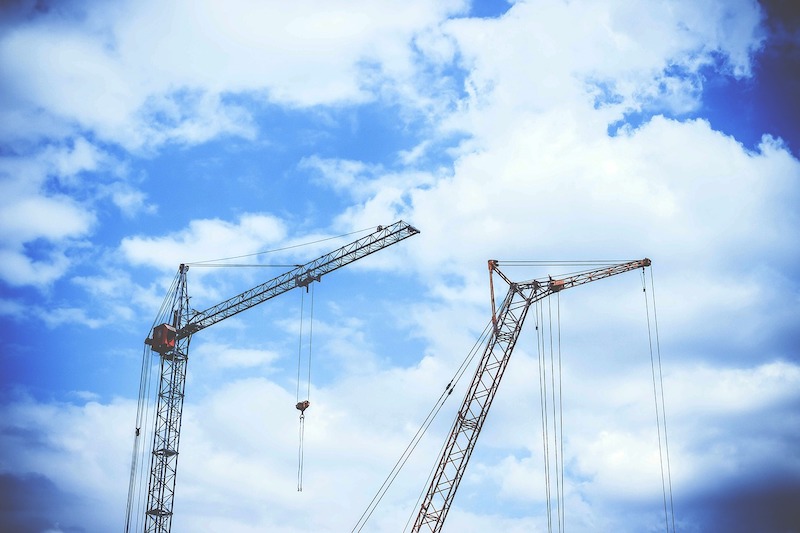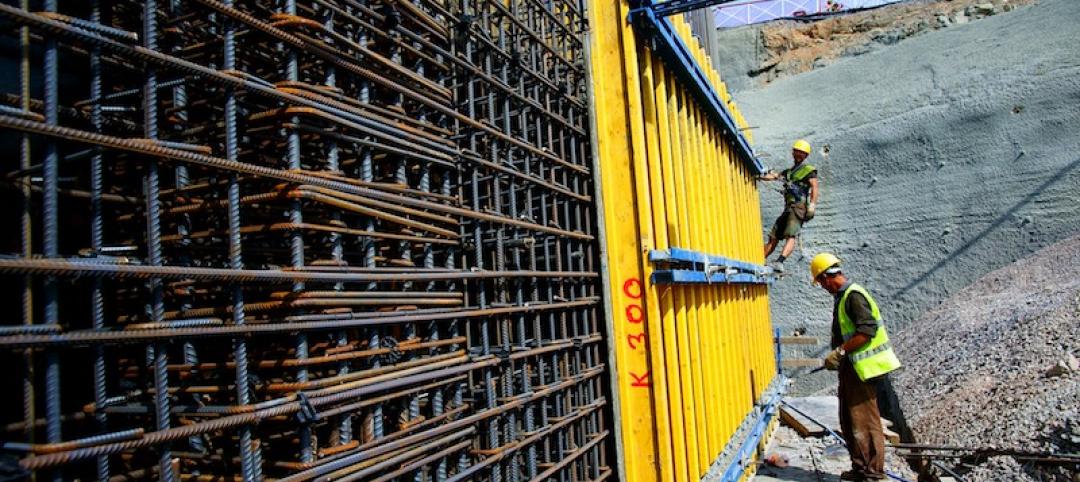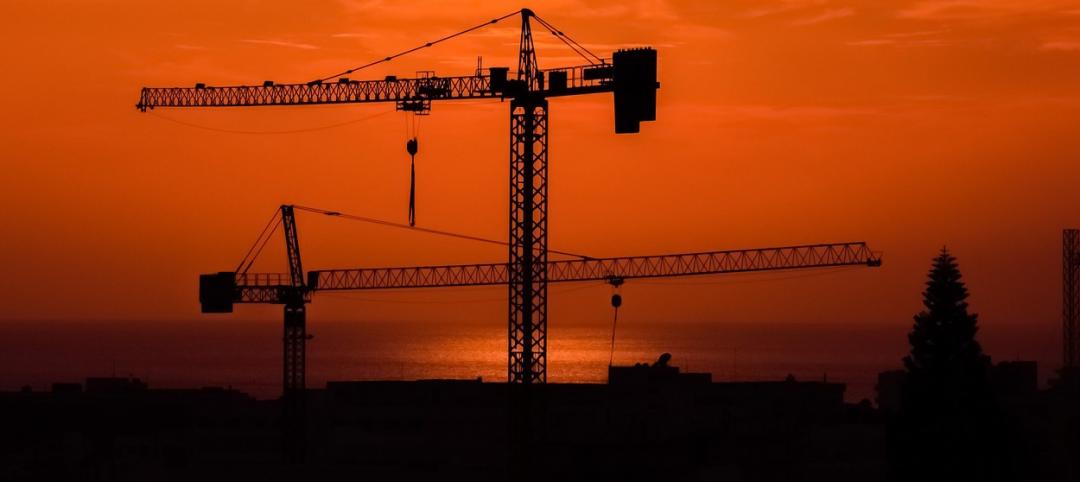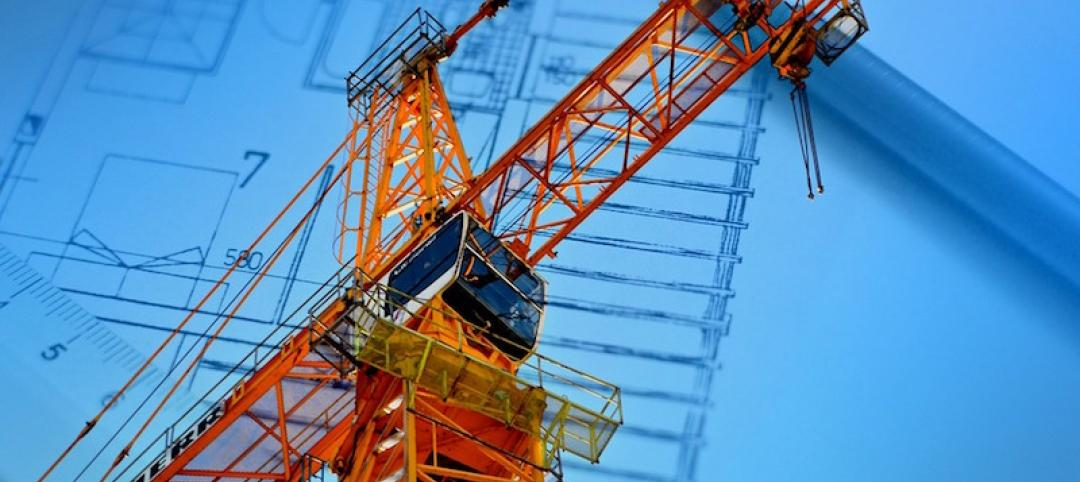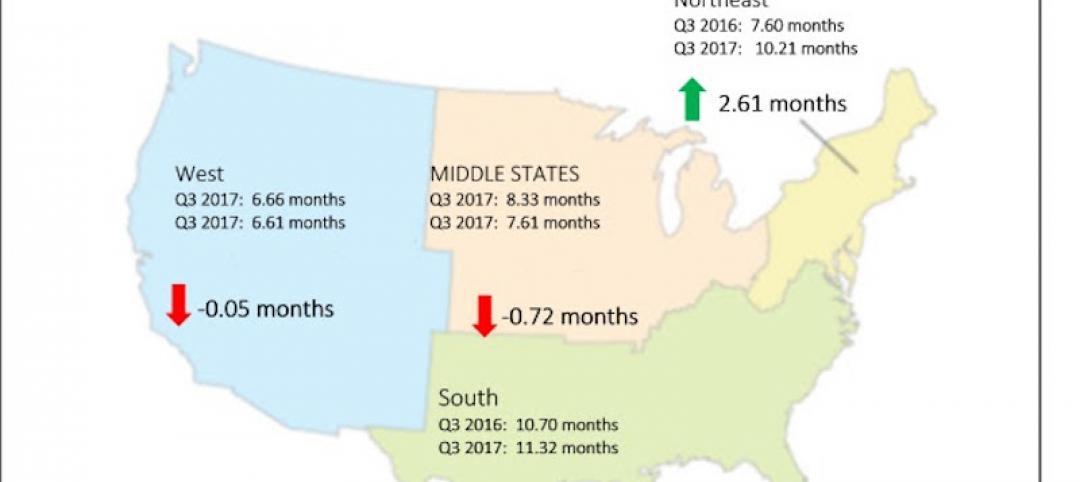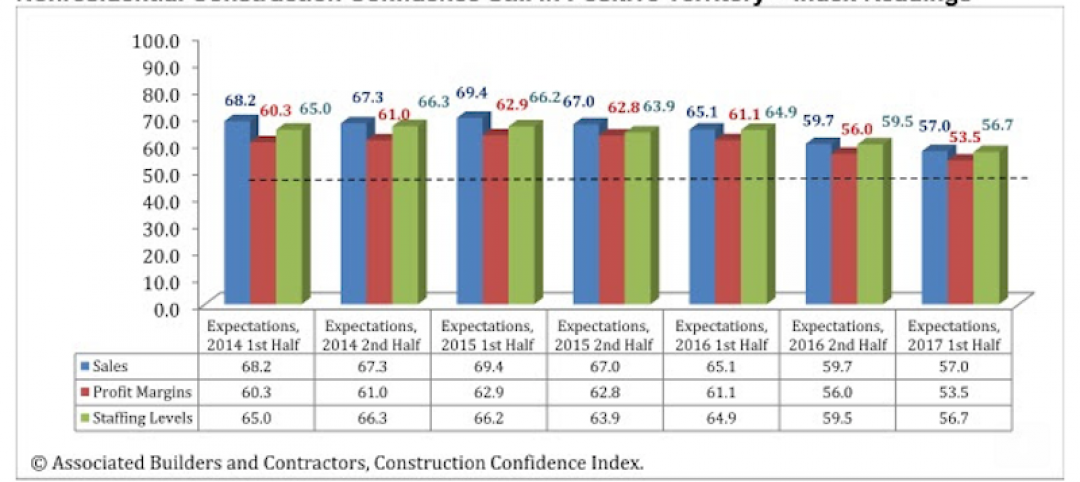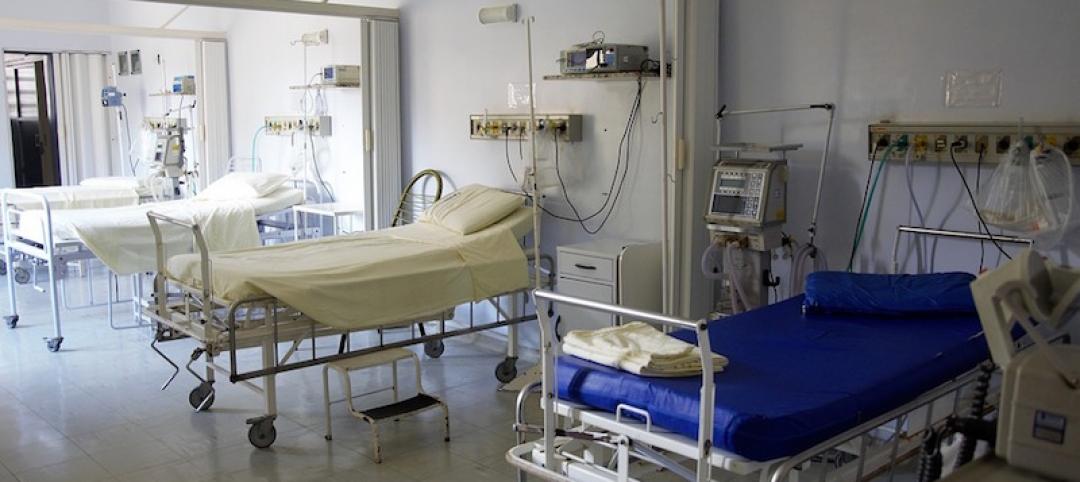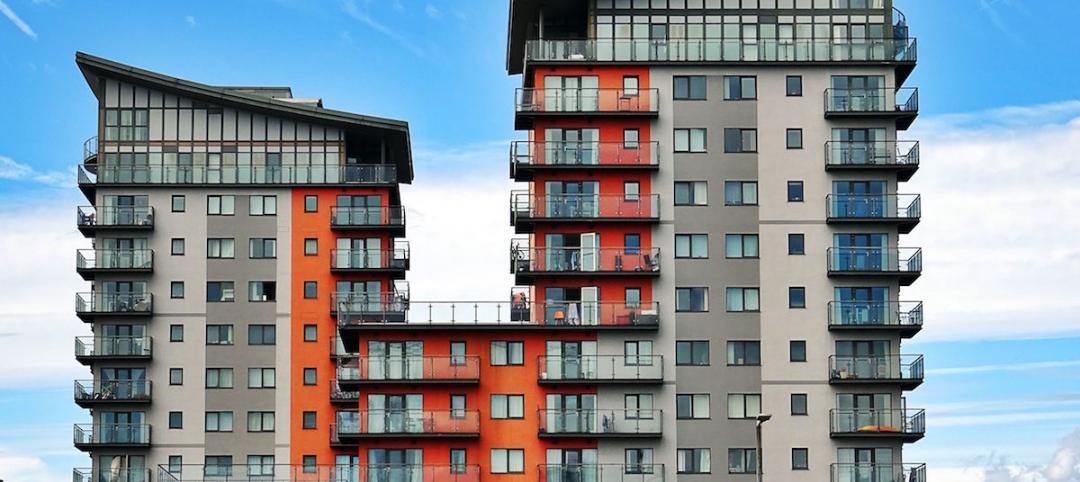Construction spending rallied in January as private nonresidential construction increased for the first time in seven months, according to an analysis of new federal construction spending data by the Associated General Contractors of America. Association officials said that nonresidential construction spending remains below pre-pandemic levels and that rising materials prices and proposed labor law changes threaten the sector’s recovery.
“Despite a modest upturn in January, spending on private nonresidential construction remained at the second-lowest level in more than three years and was 10% below the January 2020 spending rate,” said Ken Simonson, the association’s chief economist. “All 11 of the private nonresidential categories in the government report were down, compared to a year earlier.”
Construction spending in January totaled $1.52 trillion at a seasonally adjusted annual rate, an increase of 1.7% from the pace in December and 5.8% higher than in January 2020. Residential construction jumped 2.5% for the month and 21% year-over-year. Meanwhile, combined private and public nonresidential spending climbed 0.9% from December but remained 5.0% below the year-ago level.
Private nonresidential construction spending rose 0.4% from December to January, although declines continued for the three largest components. The largest private nonresidential segment, power construction, fell 10.0% year-over-year and 0.8% from December to January. Among the other large private nonresidential project types, commercial construction—comprising retail, warehouse and farm structures—slumped 8.3% year-over-year and 1.8% for the month. Office construction decreased 4.4% year-over-year and 0.2% in January. Manufacturing construction tumbled 14.7% from a year earlier despite a 4.9% pickup in January.
Public construction spending increased 2.9% year-over-year and 1.7% for the month. Results were mixed among the largest segments. Highway and street construction rose 6.5% from a year earlier and 5.8% for the month, possibly reflecting unseasonably mild weather conditions in January 2021 compared to December and January 2020. Educational construction increased 0.9% year-over-year but dipped 0.1% in January. Spending on transportation facilities declined 0.6% for the year and 1.0% in January.
Private residential construction spending increased for the eighth-straight month, jumping 21% year-over-year percent and 2.5% in January. Single-family homebuilding leaped 24.2% compared to January 2020 and 3.0% for the month. Multifamily construction spending climbed 16.9% for the year and 0.7% for the month.
Association officials said that many construction firms report they are being squeezed by rising materials prices, particularly for lumber and steel, yet are having a hard time increasing what they charge to complete projects. They urged the Biden administration to explore ways to boost domestic supply and eliminate trade barriers for those key materials. They also cautioned that the proposed PRO Act and its significant changes to current labor laws could undermine labor harmony at a time when the industry is struggling to rebound.
“Contractors are getting caught between rising materials prices and stagnant bid levels,” said Stephen E. Sandherr, the association’s chief executive officer. “Add to that the possible threat of a new era of labor unrest, and many contractors are worried that the recovery will end before it really starts.”
Related Stories
Contractors | Jan 4, 2018
Construction spending in a ‘mature’ period of incremental growth
Labor shortages are spiking wages. Materials costs are rising, too.
Market Data | Dec 20, 2017
Architecture billings upturn shows broad strength
The American Institute of Architects (AIA) reported the November ABI score was 55.0, up from a score of 51.7 in the previous month.
Market Data | Dec 14, 2017
ABC chief economist predicts stable 2018 construction economy
There are risks to the 2018 outlook as a number of potential cost increases could come into play.
Market Data | Dec 13, 2017
Top world regions and markets in the global hotel construction pipeline
The top world region by project count is North America.
Market Data | Dec 11, 2017
Global hotel construction pipeline is growing
The Total Pipeline stands at 12,427 Projects/2,084,940 Rooms.
Market Data | Dec 11, 2017
Construction backlog surges, sets record in third quarter
CBI is a leading economic indicator that reflects the amount of construction work under contract, but not yet completed.
Market Data | Dec 7, 2017
Buoyed by healthy economy, ABC Index finds contractors upbeat
Despite rising construction labor and materials costs, 55% of contractors expect their profit margins to expand in the first half of 2018.
Market Data | Dec 5, 2017
Top health systems engaged in $21 billion of U.S. construction projects
Largest active projects are by Sutter Health, New York Presbyterian, and Scripps Health.
Industry Research | Nov 28, 2017
2018 outlook: Economists point to slowdown, AEC professionals say ‘no way’
Multifamily housing and senior living developments head the list of the hottest sectors heading into 2018, according a survey of 356 AEC professionals.
Market Data | Nov 27, 2017
Construction's contribution to U.S. economy highest in seven years
Thirty-seven states benefited from the rise in construction activity in their state, while 13 states experienced a reduction in activity.


